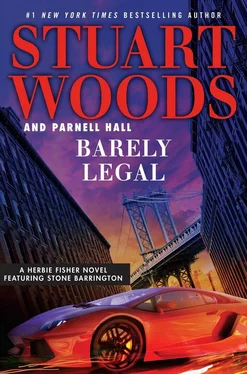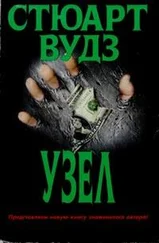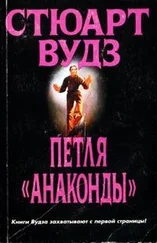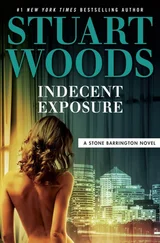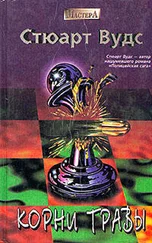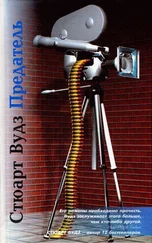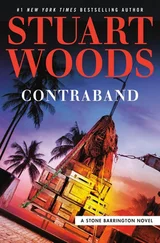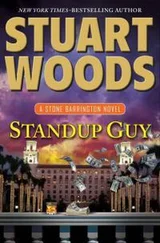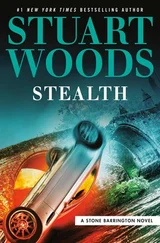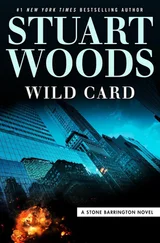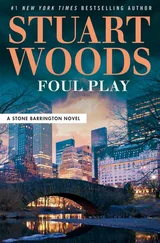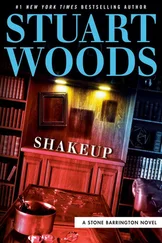“Is that right?”
“Yeah. So if my fingerprints are on it, that’s why.”
“Interesting.”
Judge Buckingham took his place on the bench and regarded the defense table with some displeasure. “Well, Mr. Fisher, it appears you are still with us. I trust you are prepared to soldier on.”
“I will do my best, Your Honor.”
“God save us.”
Judge Buckingham gaveled court into session. The bailiff brought in the jury, and Detective Kelly returned to the stand.
“Detective, I remind you that you are still under oath. Proceed, Mr. Fisher.”
Herbie stepped up to the witness stand. He felt rather small. The detective looked arrogant as ever, and the judge was doing little to conceal his bias. And now he had the disapproval of the councilman boring into his back.
“Detective Kelly, do you consider yourself an experienced detective?”
“I do.”
“You’ve busted people for drugs before?”
“Yes, I have.”
“And you’ve testified in court on other occasions?”
“That’s right.”
“You feel that you would have an opinion in these matters that the jurors could trust?”
“Yes, of course.”
“Then let me ask you this — do you think the defendant is innocent?”
Detective Kelly was startled. He could hardly believe Herbie had asked him that. He paused before answering. “No, I do not.”
“You think he’s guilty?”
“Yes, I do.”
“On what do you base that opinion?”
“On the evidence that I collected as a veteran police detective.”
“On the evidence that you collected? Good. Let’s look at that evidence. I believe you found an envelope with packets of cocaine in the defendant’s jacket.”
“That’s right.”
“Did you find any fingerprints on the envelope?”
“Yes, I did.”
“And whose fingerprints were they?”
“They were the fingerprints of the defendant, David Ross.”
“Did you find anyone else’s fingerprints on the envelope?”
“No, I did not.”
“You found only the defendant’s fingerprints?”
“That’s right.”
“Indicating that he was the only one who had touched that envelope?”
“That’s right.”
“Did you find the defendant’s fingerprints anywhere else?”
Detective Kelly frowned. “What do you mean?”
“Pertaining to the case. Did you find his fingerprints on the packets of cocaine inside the envelope?”
“No, I did not.”
“You found no fingerprints at all?”
“On the packets, no.”
“Getting back to the envelope. As I recall your testimony, you asked him to empty his pockets and he refused, is that right?”
“That’s right.”
“Then you placed him under arrest and searched him. Did you take the envelope out of his pocket?”
“Yes, I did.”
“Then why aren’t your fingerprints on it?”
“I’m a veteran detective. I don’t contaminate evidence.”
“Were you wearing gloves? I wouldn’t think so, because you were undercover at the party, and gloves are pretty much a dead giveaway. I would think you were barehanded when all this was happening, were you not?”
“I was barehanded until I was aware of a crime. When I was, I pulled on a pair of gloves which I had in my pocket, and processed the evidence.”
“And you became aware there was a crime when you found evidence of drugs in the defendant’s pocket, did you not?”
Detective Kelly said nothing.
“Well, if you had reached in his pocket with your bare hand, your fingerprints would be on that envelope, would they not? I suggest, Detective Kelly, that when you placed the defendant under arrest, you ordered him to empty his pockets and he did, in fact, comply. He reached in his pocket and took out the envelope, which he was surprised to see there. Is that perhaps how it happened, Detective Kelly?”
“No, it is not.”
“The defendant took the envelope out of his pocket, and that is why his fingerprints are on it and yours are not.”
“Objection. Argumentative.”
“Sustained.”
“Detective, you testified that you found half a kilo of cocaine in the defendant’s locker, is that right?”
“That’s right.”
“You seize a lot of cocaine in your drug busts, do you not, Detective?”
“Yes.”
“And what happens to the cocaine that is seized?”
“It is logged, sealed, and stored in the evidence room.”
“The evidence room?”
“Yes.”
“And who has access to the evidence room?”
“There are six policemen in charge of the evidence room. They work in shifts. Someone is at the desk at all times.”
“The desk?”
“Yes.”
“And what do they do at the desk?”
“They sign evidence in.”
“And sign evidence out?”
“There is no need to sign evidence out.”
“Really? Aren’t you asked to bring evidence into court?”
“Well, that’s different.”
“How is that different?”
“That’s signing evidence out for a reason.”
“What about signing evidence out for no reason?”
“I don’t understand.”
“Well, you said that signing evidence out for court is signing it out for a reason. When, Detective, would you ever sign it out for no reason?”
“I wouldn’t.”
“And if I were to produce a witness who would testify that you signed out half a kilo of cocaine and never signed it back in, that witness would be mistaken?”
Detective Kelly was unruffled. “Absolutely.”
Herbie frowned. He was getting nowhere, and the detective was shrugging off his questions. It was time to go for it.
Herbie took a breath. “Detective, are you familiar with a man named Tommy Taperelli?”
“Objection, Your Honor. Relevance?”
Herbie had been watching Kelly’s face. The witness was clearly jolted by the question. “I can connect it up, Your Honor.”
Judge Buckingham shook his head. “The connection should come first. Sustained.”
“Yes, Your Honor. Detective, has Tommy Taperelli in any way influenced the testimony you are giving here today?”
“Objection!” Grover thundered.
And the court went wild.
Mookie didn’t care how long it took to straighten this one out, he slipped out and made the call.
“Give me good news,” Taperelli said.
“Can’t do it. The news is pretty bad. Fuckin’ attorney must have had a steroid shot. He came out of the gate like a new man. In fact, he’s doing pretty damn good.”
“How good?”
“He’s got the detective on the run. The prosecutor’s running scared and keeps objecting, but he’s pissing the judge off, and that’s not good. The judge keeps calling sidebars and chambers and sending out the jury. It’s still taking forever, only now it looks like they could win.”
“Oh, for Christ’s sake. Do I have to come down there and handle this myself?”
“No, don’t do that. The lawyer asked the witness flat out if Tommy Taperelli was telling him what to do.”
“He didn’t!”
“He did. And the prosecutor objected and they’re arguing about it, but if you show up in court they’ll think you do have something to do with it.”
“Wouldn’t I be interested enough that my name came up in cross-examination?”
“Yeah, but if you know it did, you must be keeping tabs on the trial, and that’s not good.”
“Sometimes you’re not so dumb, Mookie.”
“So, you want me to lean on him?”
“You might have a little talk.”
“What if the kid’s with him?”
“Tell him to take a walk, the grown-ups gotta talk.”
“How hard you want me to go?”
“Hard enough he stops asking tough questions.”
Читать дальше
